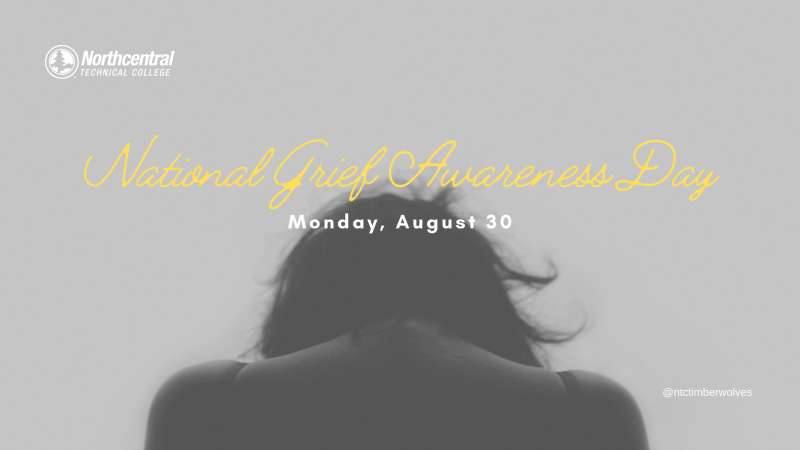National Grief Awareness Day - observed annually on August 30 - was created by Angie Cartwright in 2014 to encourage open communication on loss and bereavement and to help people learn the facts of grief. We have all experienced grief as a natural response to losing someone or something important. Often, people consider grief only with loss of life, yet this powerful emotion can also be found in other life changes such as ended relationships, job loss or even moving to a new home.
Check out this entry from NationalToday.com to dispel several grief myths and to learn more about the history of National Grief Awareness Day.
While everyone experiences grief differently, it is common for the painful feelings to improve with time. Talking with friends and family, taking care of oneself, doing activities that bring joy and joining a support group are all ways to begin to heal from a loss. In some cases, grief doesn’t get better and can prohibit an individual from returning to their normal routine. It may be accompanied with feelings of depression, suicidal thoughts or intense guilt. A counselor can help us explore our emotions, teach us coping skills and help us heal.
If you’re experiencing grief, help is available. NTC program students have free, unlimited access to mental health therapy and on-demand crisis counseling via The Virtual Care Group, a tele-therapy platform. Access this service by visiting https://thevirtualcaregroup.com/ntc.
